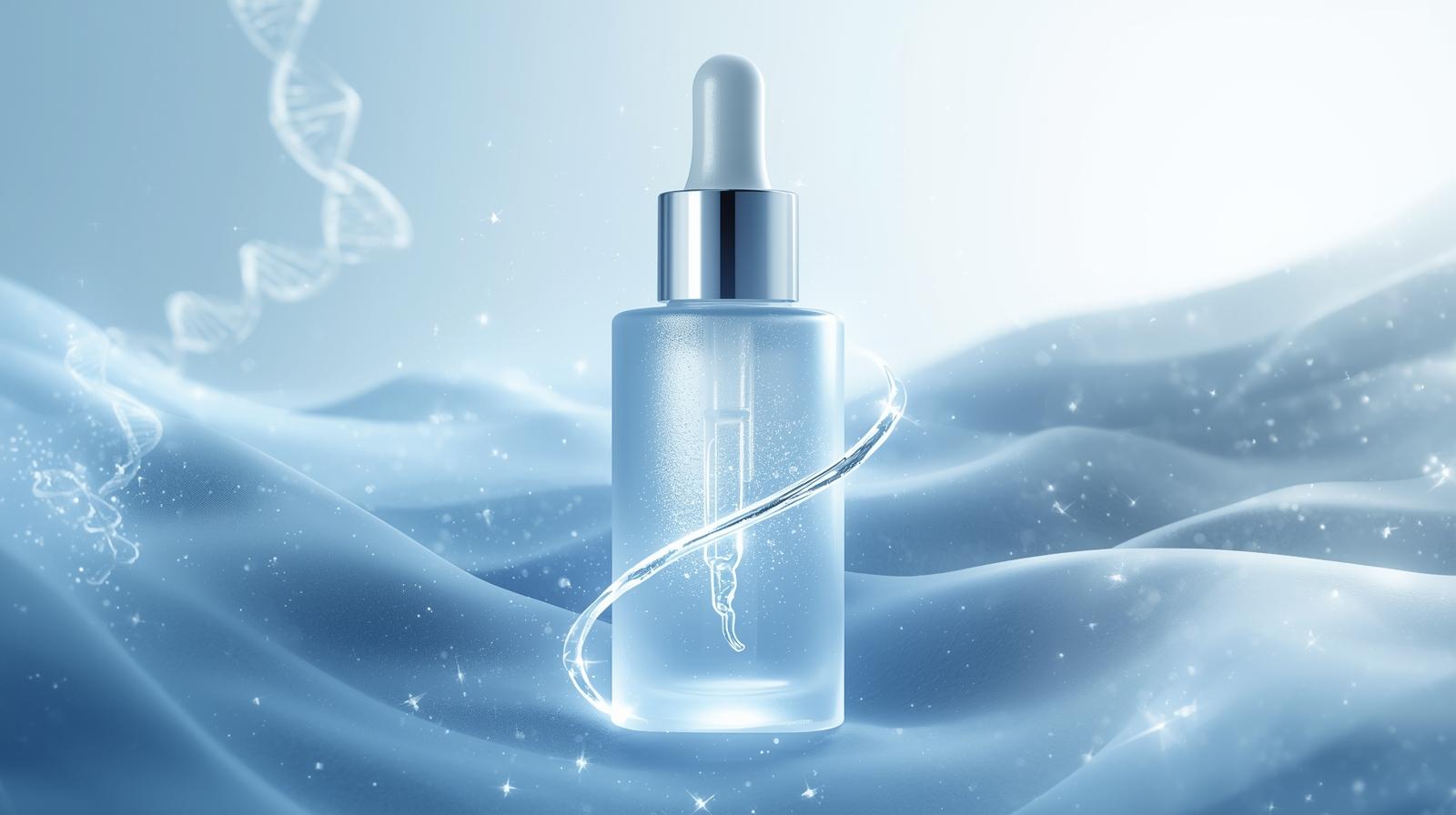Currently Empty: ₨0.00
The skincare industry is no stranger to buzzwords, and lately, one molecule is gaining major attention in the United States: NAD+ (nicotinamide adenine dinucleotide). Known for its role in cellular repair, energy production, and anti-aging research, NAD+ has been spotlighted in wellness supplements—and now it’s making its way into luxury skincare.
But the big question is: Does topical NAD+ really work, and should you invest in it?
What Is NAD+?
NAD+ is a naturally occurring coenzyme found in every cell of the body. It’s essential for:
- Cellular energy production (helping mitochondria fuel your cells)
- DNA repair (supporting healthy cell function and longevity)
- Antioxidant defense (fighting free radical damage)
As we age, NAD+ levels decline, contributing to visible signs of aging like wrinkles, dullness, and loss of elasticity. This is why scientists and skincare brands are looking at NAD+ as a potential cellular-level anti-aging solution.
How Is NAD+ Used in Skincare?
Topical NAD+ is being formulated into serums, creams, and masks, often marketed as cellular rejuvenators. The claims include:
- Improved skin firmness and elasticity
- Enhanced repair from environmental damage
- Boosted cell turnover for smoother, brighter skin
- Reduced inflammation and redness
Some products also use NAD+ precursors like NMN (nicotinamide mononucleotide) or NR (nicotinamide riboside), which may help support natural NAD+ production in the skin.
What Experts Are Saying
Here’s the catch: while NAD+ is scientifically fascinating, research on topical application in skincare is still limited. Current studies show promise, but most of the evidence comes from laboratory or supplement research—not long-term clinical trials on skin.
Dermatologists in the U.S. are cautiously optimistic:
- Pro: NAD+ has strong biological credibility as a longevity molecule.
- Con: It’s unclear how much topical NAD+ penetrates the skin and delivers results.
In other words, the science is promising, but not yet proven.
Should You Invest in NAD+ Skincare?
It depends on your goals:
- ✅ Yes, if you love innovation: If you’re an early adopter who enjoys trying cutting-edge skincare, NAD+ serums and creams may be worth experimenting with—especially from reputable brands.
- 🤔 Maybe, if results matter most: For now, proven anti-aging ingredients like retinoids, peptides, vitamin C, and growth factors still have stronger clinical backing.
- ❌ Skip, if budget is tight: NAD+ skincare tends to be premium-priced, so if you’re cost-conscious, you may want to wait for more research before investing.
How to Use NAD+ Skincare
If you decide to try NAD+ products:
- Apply on Clean Skin – Use after cleansing, before moisturizer.
- Pair with SPF – NAD+ supports repair, but daily sunscreen is still your best defense.
- Layer Smartly – Works well with hydrating serums, peptides, and antioxidants.
- Be Patient – Results, if any, may take several weeks to show.
Final Thoughts
NAD+ in skincare is an exciting frontier, tapping into cellular repair and longevity science. While early results are intriguing, dermatologists caution that topical research is still in its infancy.


